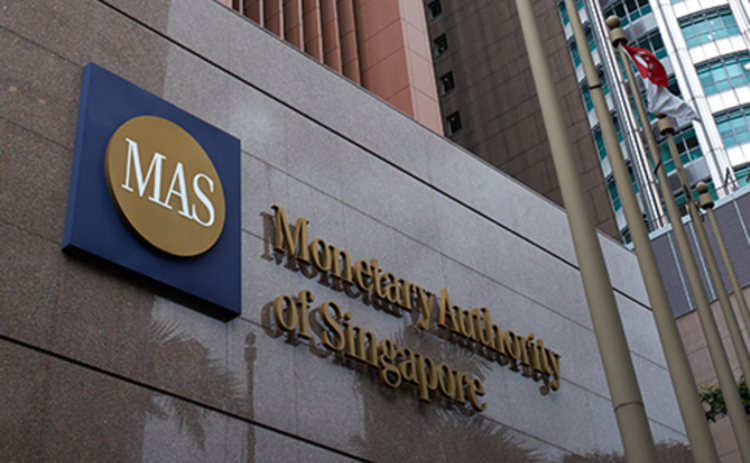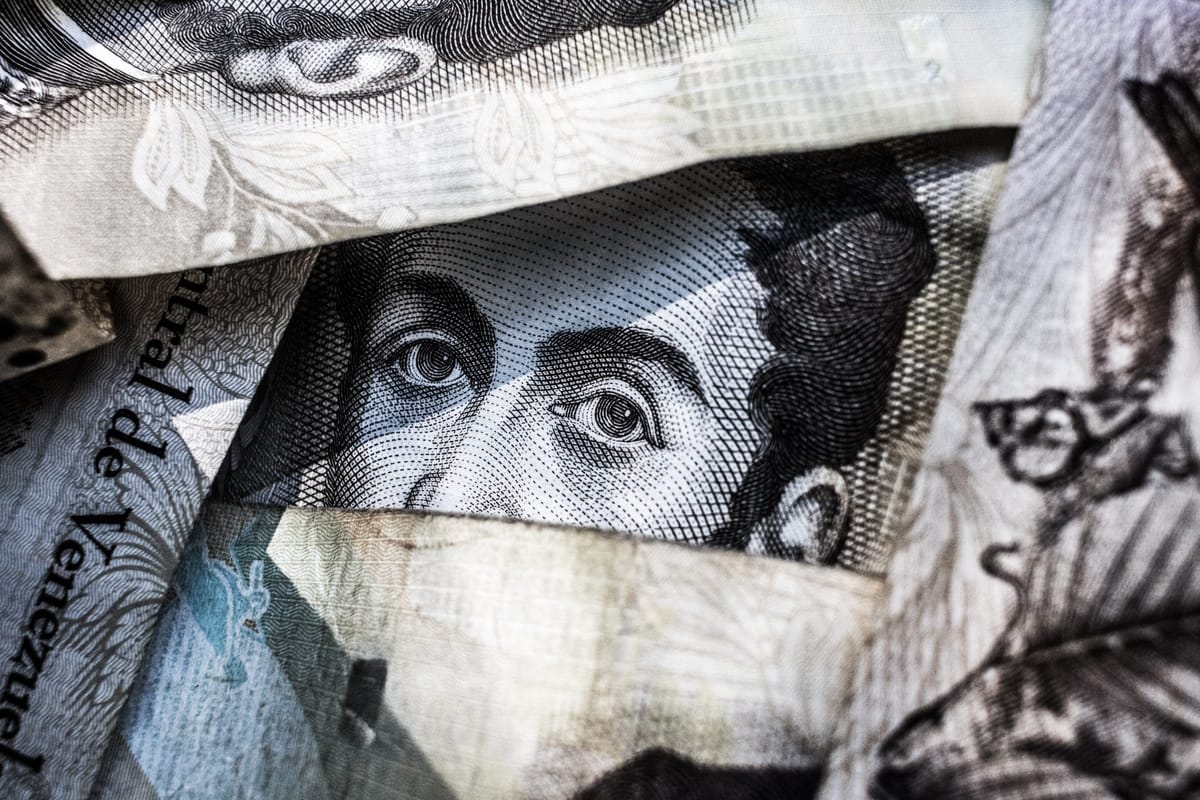MAS Response to Parliamentary Questions Shows Limitations of Payment Services Act

Not all activities related to digital payment tokens (DPT), which is the term the Monetary Authority of Singapore uses to refer to cryptocurrencies, are regulated in the city-state, MAS has warned.
Only companies that provides a service which involves buying, selling or facilitating the exchange of DPTs fall under the Payment Services Act 2019 (PS Act), Senior Minister Tharman Shanmugaratnam, said in a reply to parliamentary question on Wednesday about cryptocurrency investment companies setting up operations in the republic, and measures in place to prevent money laundering and fraud.
However, many firms continue to operate in the sector without needing a license, and the consequences for investors can be harsh if things go south. Several crypto players in the city-state, including Three Arrows Capital, Hodlnaut, Vauld, Zipmex and Babel Finance, have filed for bankruptcy or have gone into liquidation amid recent market volatility, leaving investors and customers in the lurch. None of them were regulated by MAS.
He noted that MAS is on the lookout for unlicensed firms that illegally provide DPT services or solicit customers in Singapore, saying it will instruct these entities to stop offering services to Singapore residents and refer them to the Police for investigation.
Privacy coins on the radar
In a reply to a separate question on the regulation of privacy coins, which obscure transactions on the blockchain to protect users’ privacy and anonymity, and cryptocurrency mixers, Shanmugaratnam said there is little data on their use as they both are “essentially open-source and non-custodial protocols created by software developers and used to transact peer-to-peer.”
However, he warned that they “can be misused by criminals since they are all designed to hide the identity of persons behind cryptocurrency transactions” and that that regulated entities that undertake such transactions for their customers must take additional measures, such as assessing the purpose of their customers’ use of privacy coins, privacy wallets or mixers, to mitigate the associated money laundering and terrorism financing (ML/TF) risks.

Shanmugaratnam, who is also the minister in charge of MAS, said the regulator does not have information on the number of parties interested in setting up cryptocurrency investment companies in Singapore unless they apply for a license here.
While multiple cryptocurrency exchanges have relocated to Singapore or set up regional offices here in recent years, only a handful have succeeded in obtaining a DPT license.
MAS has expressed reluctance for retail investors to be involved in crypto, and has banned crypto companies from directly advertising to retail customers. In August, MAS chairman Ravi Menon said that it is contemplating “adding friction” on retail access to cryptocurrencies, in a bid to protect retail investors from the speculative nature of the crypto market.
What these statements essentially mean is – do your own research and buyer beware, because the regulator isn’t always watching your back.

